May is American Cheese Month so it’s only fitting to hear from some of the great cheesemakers in Wisconsin. One of those being Jon Metzig from Union Star Cheese in Fremont. The factory has been around since 1906 and it started as a co-op because local farmers were mad about the “Babcock Test,” which is a test to determine the fat content of milk.
At that time, cheese factories were only willing to pay good money for milk with high-fat content. The problem was that most of the farmers had Holstein cattle that produce less butterfat than Jersey cows. That was when they decided to create the co-op.
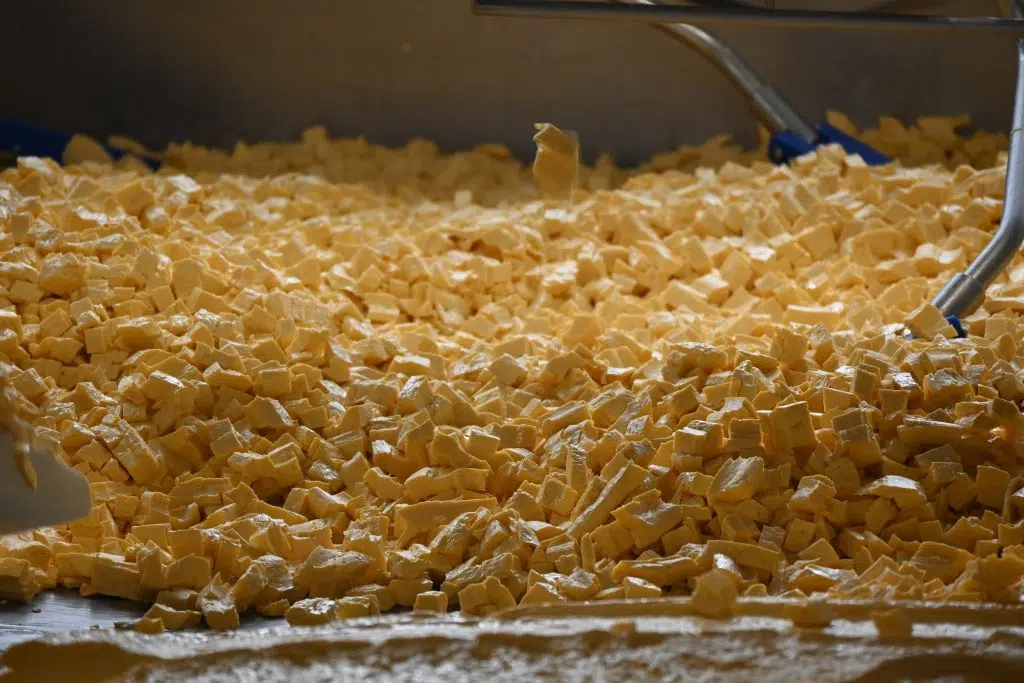
In 1911 Henry Metzig bought the business and ran it with his daughter and son-in-law, and today Dave and Jan Metzig run the factory with the help of their son Jon. Jon grew up on-site and remembers having to help bag cheese curds when he was about six years old, but just because he grew up there, that didn’t mean that he always wanted to be a master cheesemaker.
He explained that in high school he worked on a couple of dairy farms and really liked that side of agriculture. He liked it so much that his plan was to study ag business and eventually own a dairy farm. After enrolling at UW-River Falls with the plan of being a dairy farmer, he ended up having to take a food science class and was exposed to a side of the cheesemaking business that he didn’t realize was there. That one class is was led him to realize his interest in the family business.
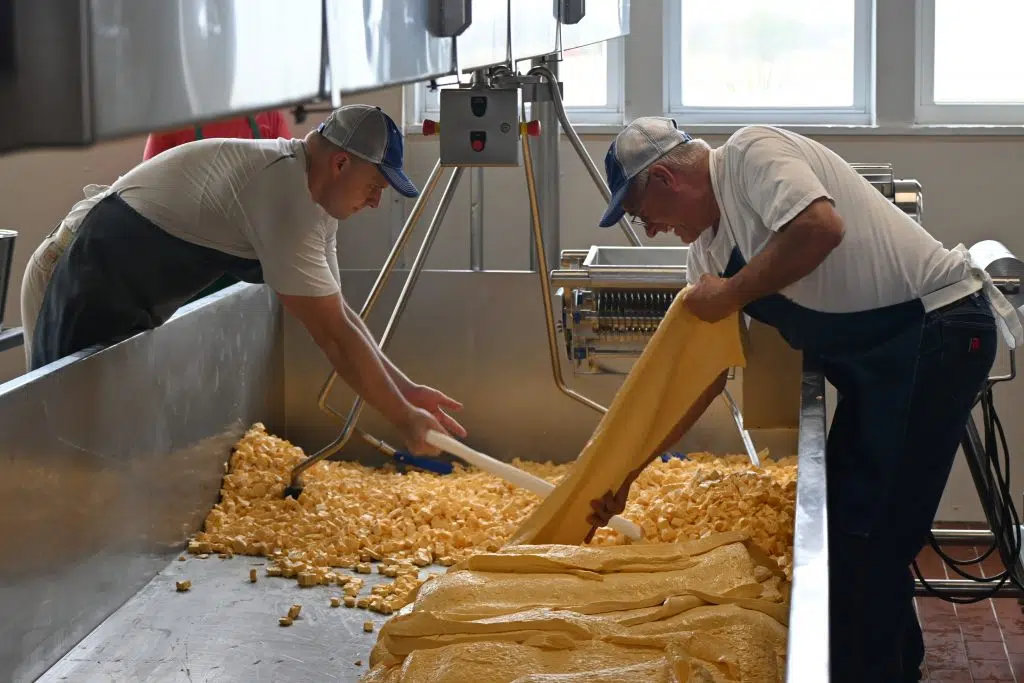
Jon said that working at a cheese factory used to be very common because back 50 years ago people were having bigger families. This meant that the kids either worked on the farm or in town at a cheese factory and eventually became cheesemakers. But like with anything else, things have changed dramatically.
“In Winnebago County there used to be 45 cheese factories in it, now we’re the only one left,” Metzig went on to say, “before modern transportation, you’re milking the cow, milk is only good for so long and you have to transport it. So every 15 miles there was a small cheese factory because that was as far as you could put milk on a horse-cart and efficiently take it somewhere.”
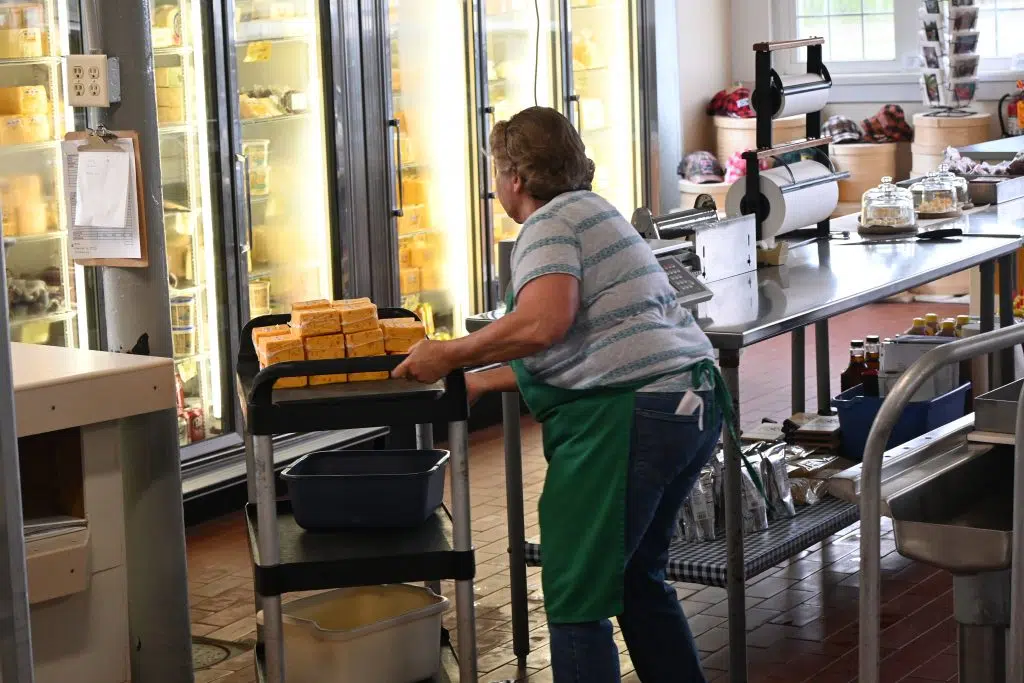
He talked about why Union Star was able to stick around through the years and not have the same fate as the rest of the cheese factories in the area. One of the factors that kept them going was that their business is right off of the highway so they relied heavily on customers purchasing from the factory. Also, when his parents bought the place they still sold a lot of block cheddar to a processor but eventually transitioned over to focusing on retail, which is 75% of the business today.
Besides being very grateful for the customers, he’s also thankful for the generosity and willingness to help from other businesses and cheese factories around the state. He mentioned how if he needs a part for a machine or something goes wrong, he can’t count on someone having the part he needs to repair the damage. Also, if for some reason his ingredients didn’t get delivered on time, he knows that another factory nearby would be more than willing to lend him what he needs to get him through until the shipment comes in. Just because they’re competitors, doesn’t mean they won’t help each other out.
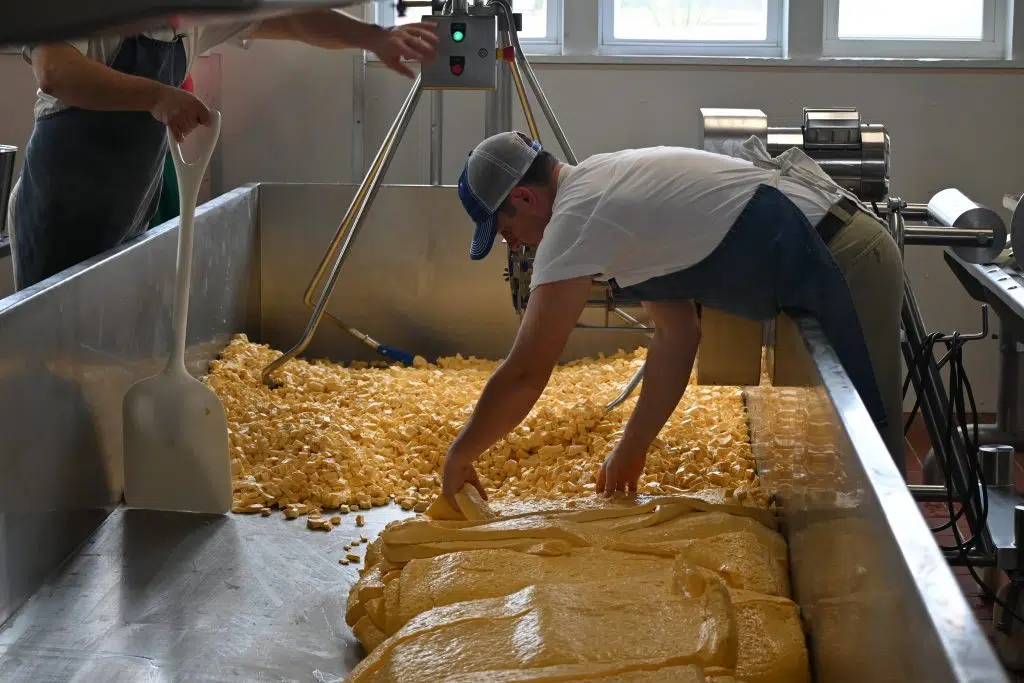
Today Union Star gets their milk from two local farms in the area, the Harness family and the Silverthorn family. “The quality of milk that we get is just amazing and they’re consistent. They’re the ones working 365 taking care of their animals and it’s just a consistently high-quality product,” Metzig mentioned, “your cheese can never be better than your milk. So if you want to make amazing cheese, you need amazing milk.”
He explained that having farms in Wisconsin such as the ones that supply Union Star really gives us the upper hand when it comes to creating dairy products. “The milk we get from two local farms is just top quality. In other states they can’t do that, they can’t compete with us on the quality,” Metzig said. And that right there is why we can be proud to call this America’s Dairyland.
Check out the podcast page to hear the full interview with Jon Metzig.
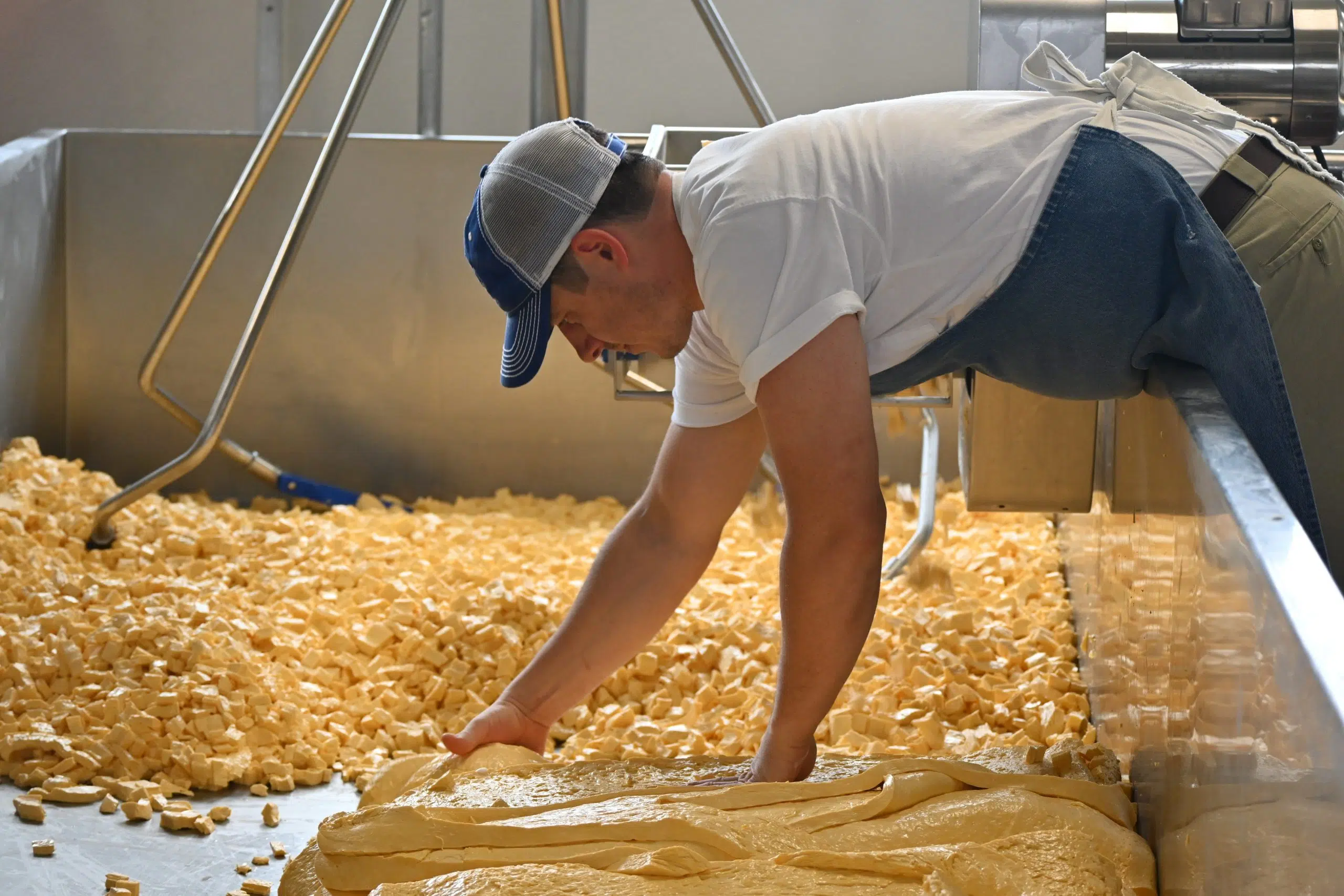

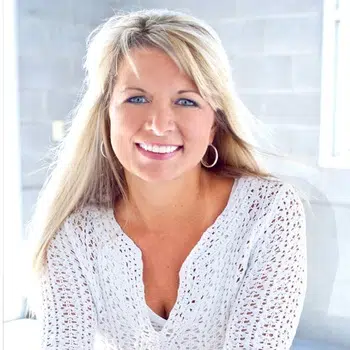



Comments